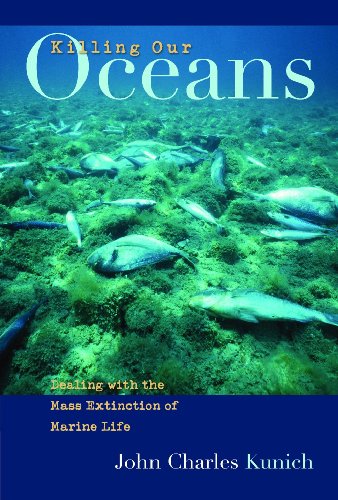

Most ebook files are in PDF format, so you can easily read them using various software such as Foxit Reader or directly on the Google Chrome browser.
Some ebook files are released by publishers in other formats such as .awz, .mobi, .epub, .fb2, etc. You may need to install specific software to read these formats on mobile/PC, such as Calibre.
Please read the tutorial at this link: https://ebookbell.com/faq
We offer FREE conversion to the popular formats you request; however, this may take some time. Therefore, right after payment, please email us, and we will try to provide the service as quickly as possible.
For some exceptional file formats or broken links (if any), please refrain from opening any disputes. Instead, email us first, and we will try to assist within a maximum of 6 hours.
EbookBell Team

4.8
34 reviewsIn his Ark of the Broken Covenant, Kunich showed that Earth's species are concentrated in 25 zones of ecological significance known as biodiversity hotspots, and maintained that we'd go a long way toward saving many species from extinction if we'd focus our protective laws and regulations on these zones. In Killing Our OceanS≪/i> he extends this analysis to the extraordinary pockets of life in the oceans that are similarly threatened.
In his Ark of the Broken Covenant, Kunich showed that Earth's species are concentrated in 25 zones of ecological significance known as biodiversity hotspots, and that we'd go a long way toward saving many species from extinction if we'd focus our protective laws and regulations on these zones. In Killing Our OceanS≪/i> he extends this analysis to the extraordinary pockets of life in the oceans that are similarly threatened. From coral reefs to recently discovered hydrothermal vents, the oceans contain vast numbers of endangered species. We are rapidly losing these unique, irreplaceable treasures, due in part to an appalling lack of efficacious safeguards. What's in it for us if we intervene to halt this mass extinction? Quite possibly the greatest medical, nutritional, and scientific breakthroughs in all of human history, just waiting to be discovered and harnessed—or forever lost along with the dying species that hold the keys to these secrets.
Kunich examines in detail the applicable international laws as well as domestic laws of the nations with key marine resources, and demonstrates the abject failure of these measures to prevent or halt a mass extinction in our oceans. He concludes with a set of legal proposals that could start us down the road to preserving the marine hotspots and, with them, most of Earth's biodiversity. Legal solutions are not the only answer, but they are a beginning.